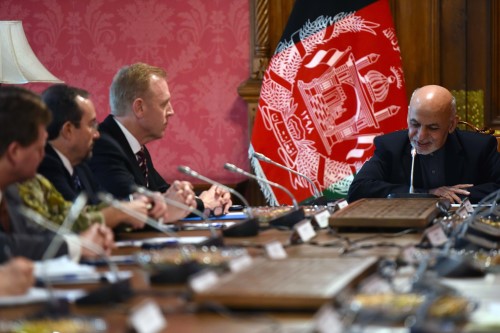War in Nagorno-Karabakh Requires a Russian Balancing Act
By Nurlan Aliyev
November 10, 2020, the CACI Analyst
From early November, Russia’s President Vladimir Putin conducted telephone conversations with the leaders of Armenia and Azerbaijan, thoroughly discussing the settlement of the Nagorno-Karabakh conflict and reaching a truce on November 9. Both countries have criticized Moscow’s position on the current war. Russia has been a security guarantor for Armenia since the 1990s and has more recently become a strategic partner of Azerbaijan. Moscow’s position has raised the question of whether Russia struggles to balance its relations with a strategic ally and a strategic partner, or if the Kremlin’s reluctance to become involved signals a change in policy regarding the former Soviet republics.
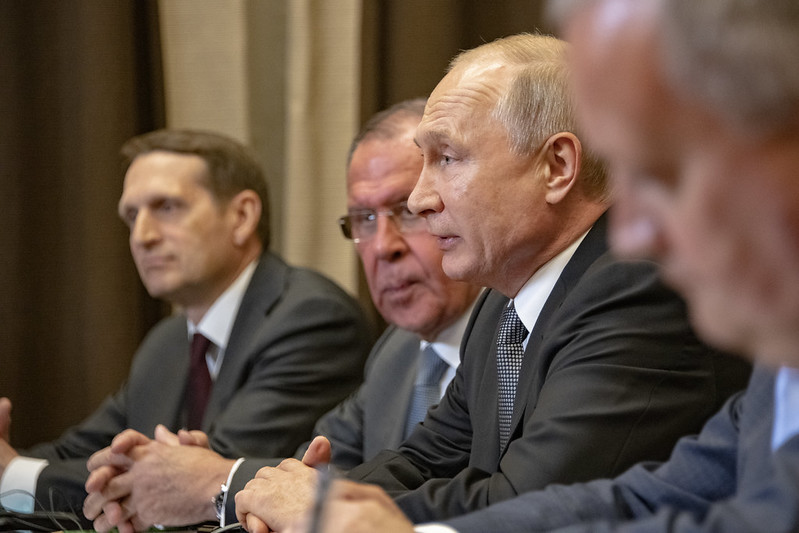
Fighting in Nagorno-Karabakh Rages Despite Ceasefires
By Emil A. Souleimanov and Huseyn Aliyev
October 22, 2020, the CACI Analyst
The ongoing conflict in Nagorno-Karabakh saw a number of dramatic developments over the past couple of weeks. Most notably, Azerbaijani forces proved able to breach through Armenian defenses in the south, resulting in Azerbaijan’s rapid advance into both the Nagorno-Karabakh region and adjacent Armenian-controlled territories in the “buffer zone.” This battlefield transformation will likely affect the balance of power on the ground and influence Baku’s willingness and Yerevan’s capacity to negotiate a peaceful settlement. Recent developments on the frontlines will also affect Russia’s and Turkey’s positions and roles in the conflict and the South Caucasus.
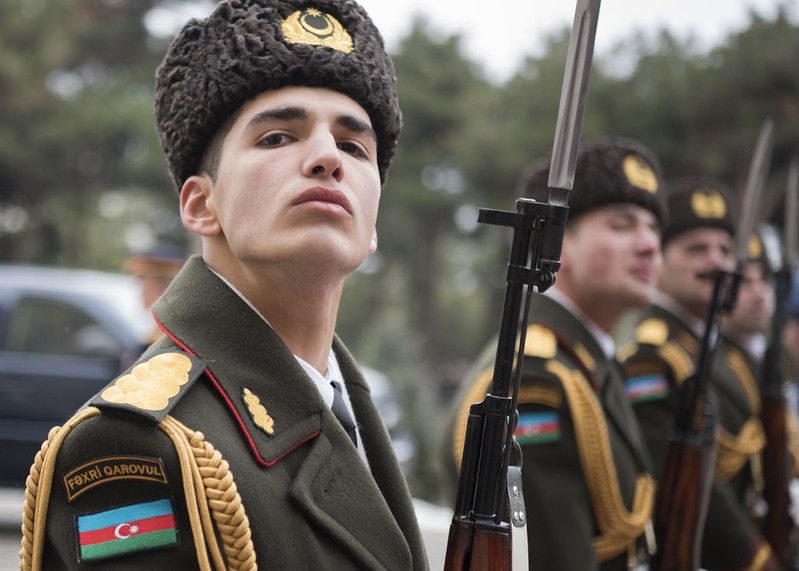
Re-opening Abkhazia's Border with Russia: Economic Opportunity or Epidemiological Risk?
By Tomas Baranec
September 28, 2020, the CACI Analyst
On August 1, 2020, Sukhumi reopened its border with Russia. The border had been closed since early April to halt the spread of the new coronavirus SARS-CoV-2. The decision was driven by Abkhazia’s economic concerns, given the region’s heavy dependence on the flow of Russian tourists. However, the development of the epidemiological situation in Abkhazia in the first three weeks after the border reopened indicated that the combination of a massive influx of tourists from the world’s third most infected country and a lack of medical infrastructure in the region could have a negative impact overriding any economic gains from tourism.
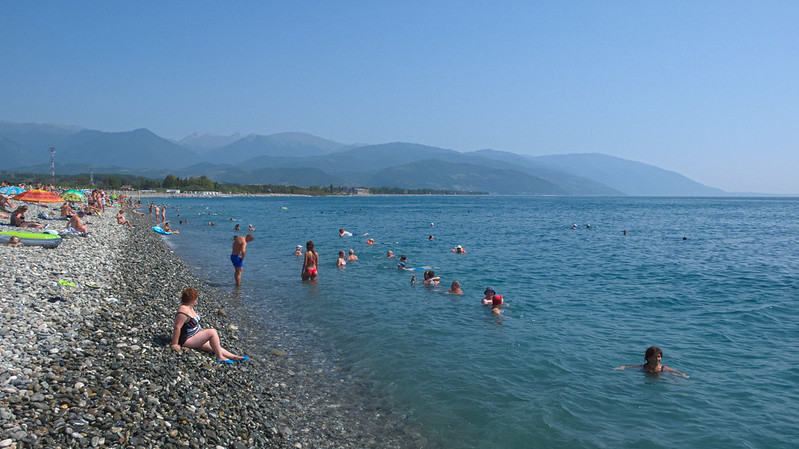
Cross-Border Escalation between Armenia and Azerbaijan
By Natalia Konarzewska
September 25, 2020, the CACI Analyst
On July 12, clashes broke out between the armed forces of Armenia and Azerbaijan along the northern section of their internationally recognized border. The skirmishes receded after July 16 but armed incidents at the border still occurred throughout July and August. The July confrontation, resulting in over a dozen military and civilian deaths and the destruction of infrastructure on both sides of the border, is regarded as the most serious since the Four Day War between Armenia and Azerbaijan in April 2016. The conflict also sparked unprecedented interethnic clashes between Armenian and Azerbaijani diasporas across the world.
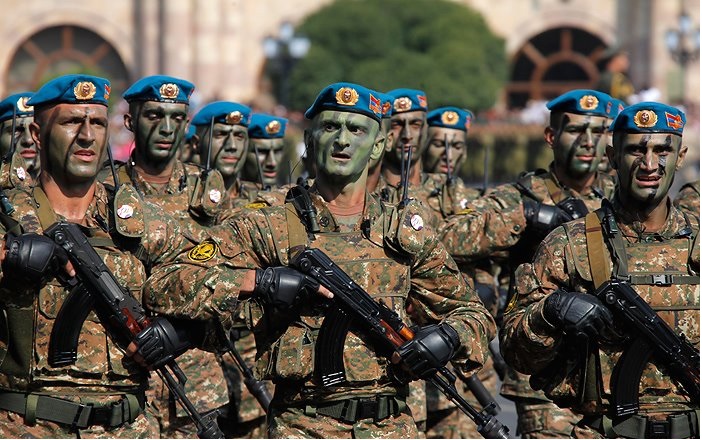
Russian Taliban Payments Underscore Moscow’s Afghan Challenges
By Richard Weitz
September 3, 2020, the CACI Analyst
The revelations that Russian intelligence may have hired criminals to attack NATO forces in Afghanistan underscores the complex nature of Moscow’s Afghan policies. Though what happened or why remains disputed, the reports highlight the Russian government’s weak tools for shaping the future of Afghanistan despite the country’s pivotal place in Russia’s Eurasian agenda.
